This story was performed at "Oy! Let Me Tell You …", a live Jewish storytelling event, on June 3, 2015. Check out a live recording of this story
here.

I was 13 years old when I had the worst summer of my life. It wasn't awful because of what happened though; it was awful because of what didn't happen. And when you're 13, what doesn't happen to you is just as worse if not 500 times worse than what does.
It was early July, in the year 2000 and I was looking forward to another summer at Olin Sang Ruby Union Institute, a Jewish summer camp, not a prep school or an insane asylum. It is an amazing place, and it was going to be my third summer there, and my first time going for four weeks and actually feeling like one of the older campers.
All I had to do was bide my time for the first four weeks of the summer in whatever my parents signed me up for. This was usually some "teen" day camp program or "summer school" class so that I wouldn't be home alone all day scarfing goldfish crackers and watching MTV.
To help curb my anticipation, the previous summer I started keeping a journal. I found a random notebook in my drawer; on the cover a picture of the Coca-Cola polar bear flying through the air on a snowboard. I'm not sure what compelled me to journal, or why the tiny Coke bear book. I clearly needed somewhere to dump my pubescent thoughts, and must've thought the Coke bear was the least conspicuous place. That year I began my journal on the Fourth of July and counted the days until camp, usually a little less than two weeks. And as the summer of 2000 approached, I was excited to continue my new tradition.
On July 4, 2000, I detailed the exploits of my afternoon at Deerfield Days, my village's annual Fourth of July carnival and parade. As a 13-year-old, my patience for this charade of an "exciting day of family fun" had worn thin, so I thoroughly and scathingly critiqued this innocent festival. I scoffed at the low-budget rides, uncovered the scams posing as carnival games and smugly reduced the parade to a pointless procession of bagpipes and candy.
After jotting down that we were on our way to my great aunt's Fourth of July party, however, the journal stops. I didn't even finish the day. The next page is dated in the fall.
You're probably thinking that if that summer was the worst of my life, I would've have taken it out on the pages of the Coca-Cola bear journal. Well, I guess it was too agonizing to even rehash privately on paper. So, allow me do my best to fill in the gaps.
A few days later, my parents and I ventured down to the city. I had a check-up scheduled with an orthopedic specialist and because any visit to the city from the suburbs warranted "making a day of it," we would afterward check out the Taste of Chicago. This was a normal doctor's check-up for me: every so many months I went in for x-rays ever since I'd had surgery to get rid of a non-cancerous bone cyst in a high-risk location on my left hip the summer after fourth grade. The cyst had started to grow back a couple times since, and follow-up procedures had not been effective at replacing it and strengthening the weakened bone, which if not improved could shatter or impact my growth. Usually, the update was "looks good, let's keep an eye on it. And you should avoid high-contact sports." It was great for getting out of gym class.
But when the doctor looked at my x-rays this time, it came with the worst news one can ever receive at a hospital -- if one is a naïve, innocently self-centered 13-year-old boy:
You need to have outpatient surgery, and you can't go to camp this summer.
I balled like a baby. Literally. I probably hadn't cried that hard in front of a doctor since emerging from the womb. This was life-shattering news. I would've probably only cried half as much, if at all, had the doctor said, "we need to amputate your leg with a circular saw, but you can go to camp."
As we left the doctor's office, I became a non-verbal pouty toddler. My feelings only snowballed as the reality settled in. I dragged myself through Grant Park, eyes welling up as I imagined my friends making new memories and having the time of their lives without me. Not even the smoky musk of Robinson's ribs and droves of sweaty people overpaying for mediocre street food could cheer me up. I was in mourning. I needed to mourn for the friends I wouldn't see, the pranks I wouldn't pull, the girls I wouldn't crush on.
Noticing how miserable I was, my dad was desperate to turn my spirits around. He promised we would go on a fun vacation after I recovered from the procedure. This was, of course, no consolation. A trip with my parents and 8-year-old brother was never going to replace camp.
In the following days, I wrote a couple camp friends heartbreakingly melodramatic emails that basically read, "I tragically must inform you I will not be at camp this summer. Have so much fun, dear friend, try not to forget me." Then I braved my way through what was either my fourth or fifth surgery. Shortly after, my dad revealed his plan. The four of us would embark on a road trip to -- Cincinnati.
Cincinnati. As if the pangs of a summer lost could be quenched with foot-long chili dogs. Might I have at least been consulted in deciding what kind of vacation would best distract me from self-pity? When I asked why, it turned out my dad's selling point was Kings Island, an amusement park. Well played.
I didn't exactly love amusement parks in the way normal American children did. I liked to study the roller coasters and track them down with a park map, not, you know, ride them. I just liked being immersed in the sounds, sights and smells of uninhibited bliss. At Six Flags Great America, I was the kid riding the carousel and eating funnel cakes. I would crane my neck up at those big looping coasters with a paralyzing uncertainty. Disney World was more my speed -- I had a certain level of confidence that the Happiest Place on Earth would not betray me.
Kings Island was an in-between of sorts. It was, at the time, a Paramount theme park, which meant it had rights to all the Nickelodeon television shows, my childhood jam. I believed that I had aged out of NickToons by this point in my life, but I was by no means an adult.
At the park, the first thing we did was ride a family coaster called Beastie, a diminutive version of the park's famous wooden roller coaster, The Beast. It was pretty fun for a family coaster and it got my adrenaline going. Walking around the Nickelodeon area afterward, I found myself caught in between. I was 13. I wanted to distance myself from the kiddie attractions, but I was still terrified of actual roller coasters. Yet after the Beastie, these two polarizing forces could not coexist much longer.
I think it was my dad that helped me finally break free, surprisingly enough. He is not a roller coaster riding fanatic either. Like most things my brother and I ever asked him to do as kids, he always had a medical excuse. In this case, given his scoliosis, a roller coaster would surely leave him crippled and incapacitated. Who would drive us home then?
But if anything gets to him, its nostalgia, and his fond childhood memories of wooden coasters at Chicago's old Riverview Park were rushing back to him as we came upon the towering stack of timber that comprised The Beast. In its heyday in the '80s, this was the longest, tallest and fastest wooden coaster in the world.
When my dad said he would go on it if I went, I considered this Beast. It did not go upside-down, and it was more than 20 years old. And if my dad was willing to forsake his chiropractic health and actually go with me, I wouldn't be alone. So I went.
After four minutes of huge hills and tight turns through acres of wooded terrain, everything changed. I didn't go on another roller coaster that entire day, but conquering that one beast was enough.
When we got home I spent hours looking at theme parks on the Internet, imagining myself on all the roller coasters at every Six Flags park in the entire country. It was a matter of days before I begged to go to Great America. My dad grudgingly agreed to take me, though he would later infamously complain about the park food and service, write a letter to Six Flags, not get a response, and refuse to ever go back again.
We took my friend Michael, a more seasoned roller coaster rider who used to live up in Gurnee. To break me of my upside-down fear, we decided to ride Demon together, one of the older and tamer looping rides in the park, with only four inversions, according to the Six Flags website.
After some easy rides, Michael and I boarded the roller coaster car and pulled down the overhead restraints. My palms got sweaty as the train rolled out of the station and into the tunnel. No going back. Up the chain lift hill we went toward the first drop; a towering black steel loop waiting for us at the bottom. As we began to fall forward, I distinctly remember screaming, "LET'S DO THIS!"
It was easy. Painless. If only I could've remembered to apply this lesson, to scream those three words at every drop, twist and loop of my teenage years, and beyond. But I can say there wasn't a second on that ride, or while riding The Beast, that I was thinking about not being at camp. Somewhere along the way, I learned something we all still struggle to accept, even as adults, that even the worst of circumstances bring with them new opportunities. And life rumbles on.
But enough of what present day Steven thinks about that summer. I'd like to share with you what 13-year-old Steven had learned after all that.
October 8, 2000
The reason I stopped writing about the countdown to camp was because of the fact that I never went. My leg. I curse the day I found out I had to go in for surgery and miss camp, which I was looking forward to all summer. However, I climbed great heights and had I gone to camp, I wouldn't be the same person I am now.
.jpg)
.jpg)
.jpg)


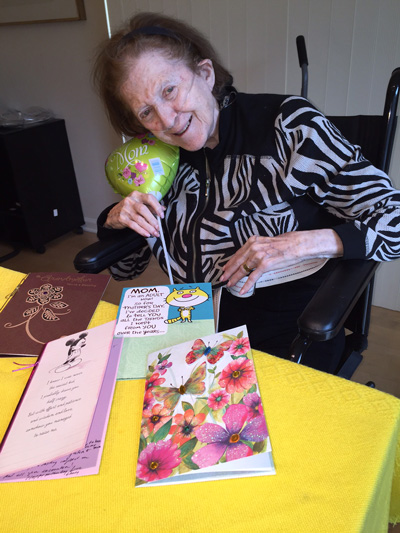
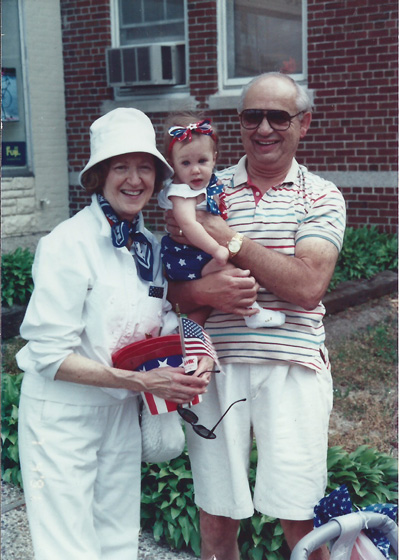
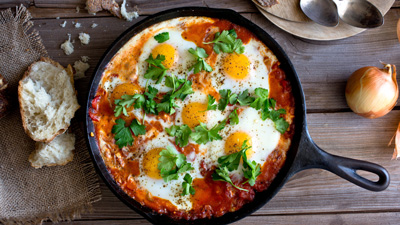
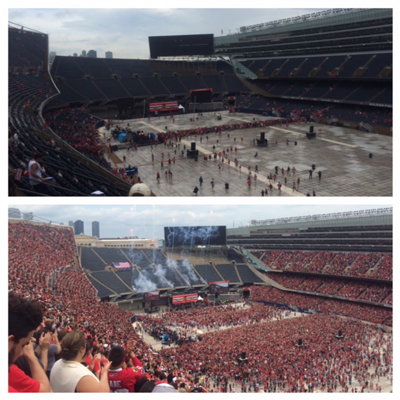
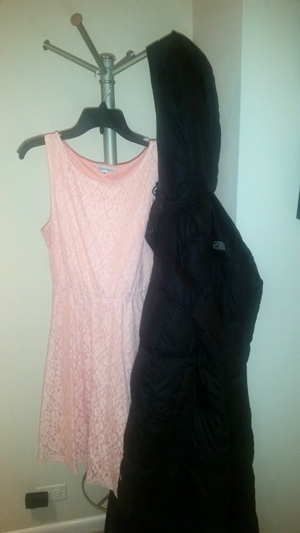
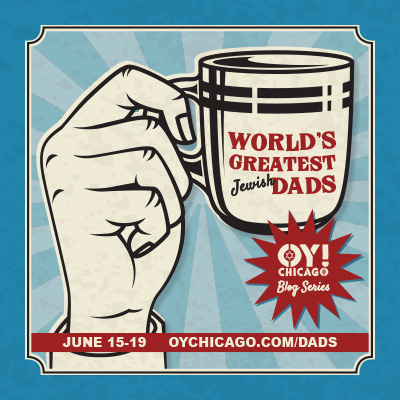
.jpg)
.jpg)
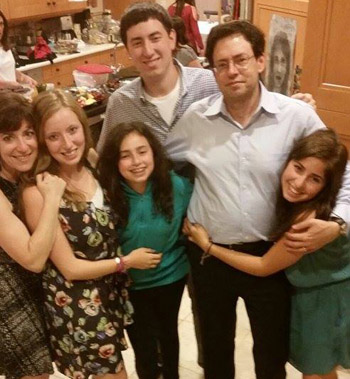
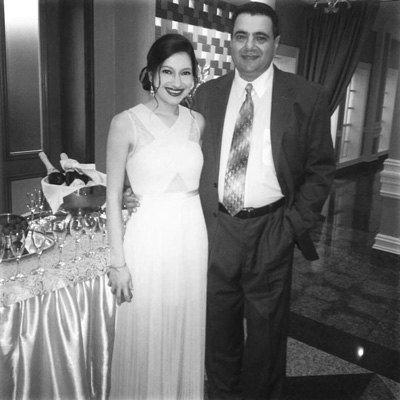
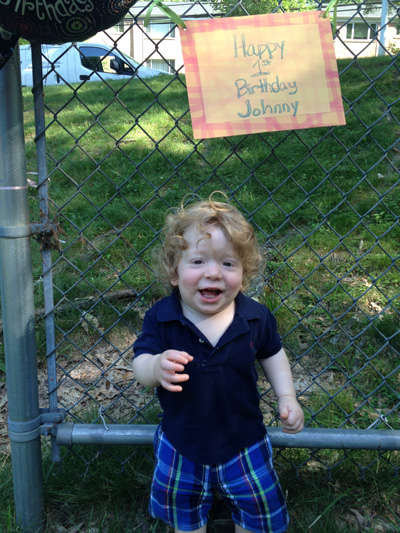
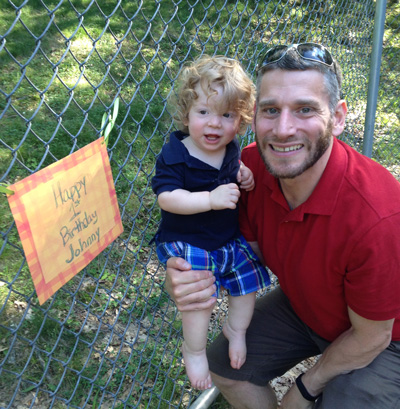
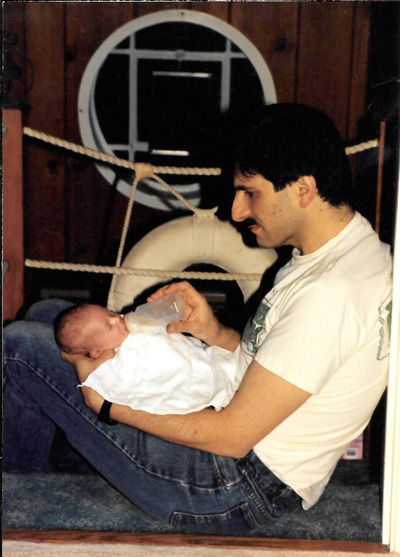
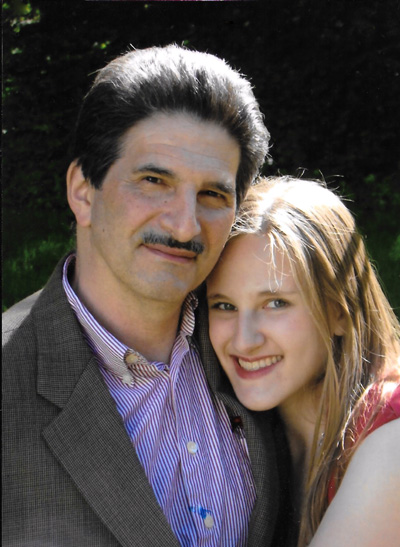
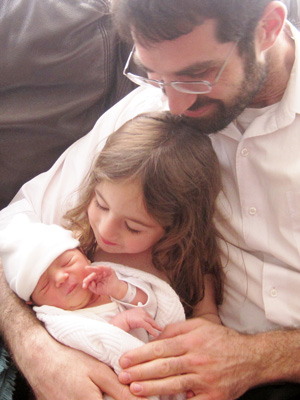
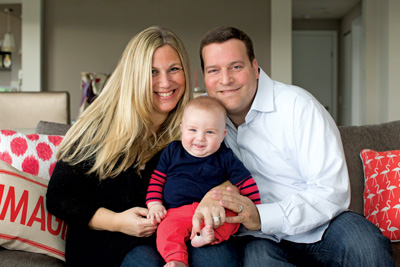
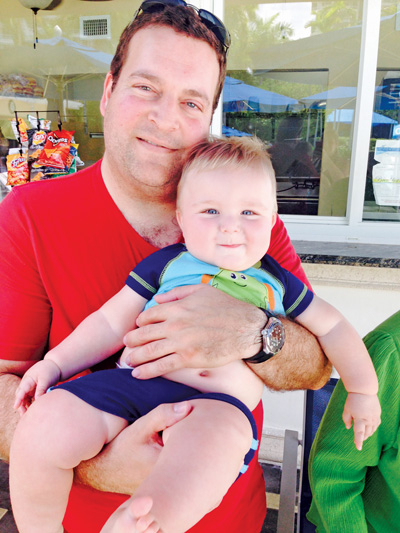
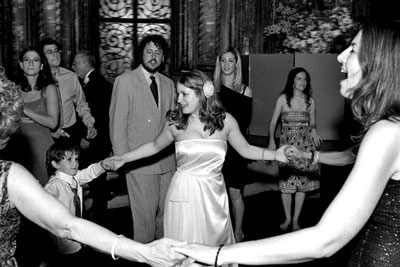


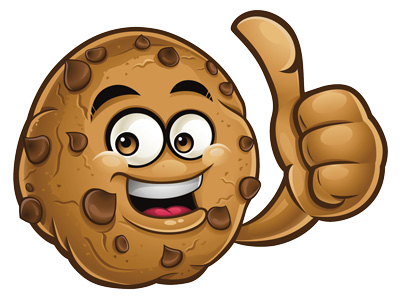

.jpg)



